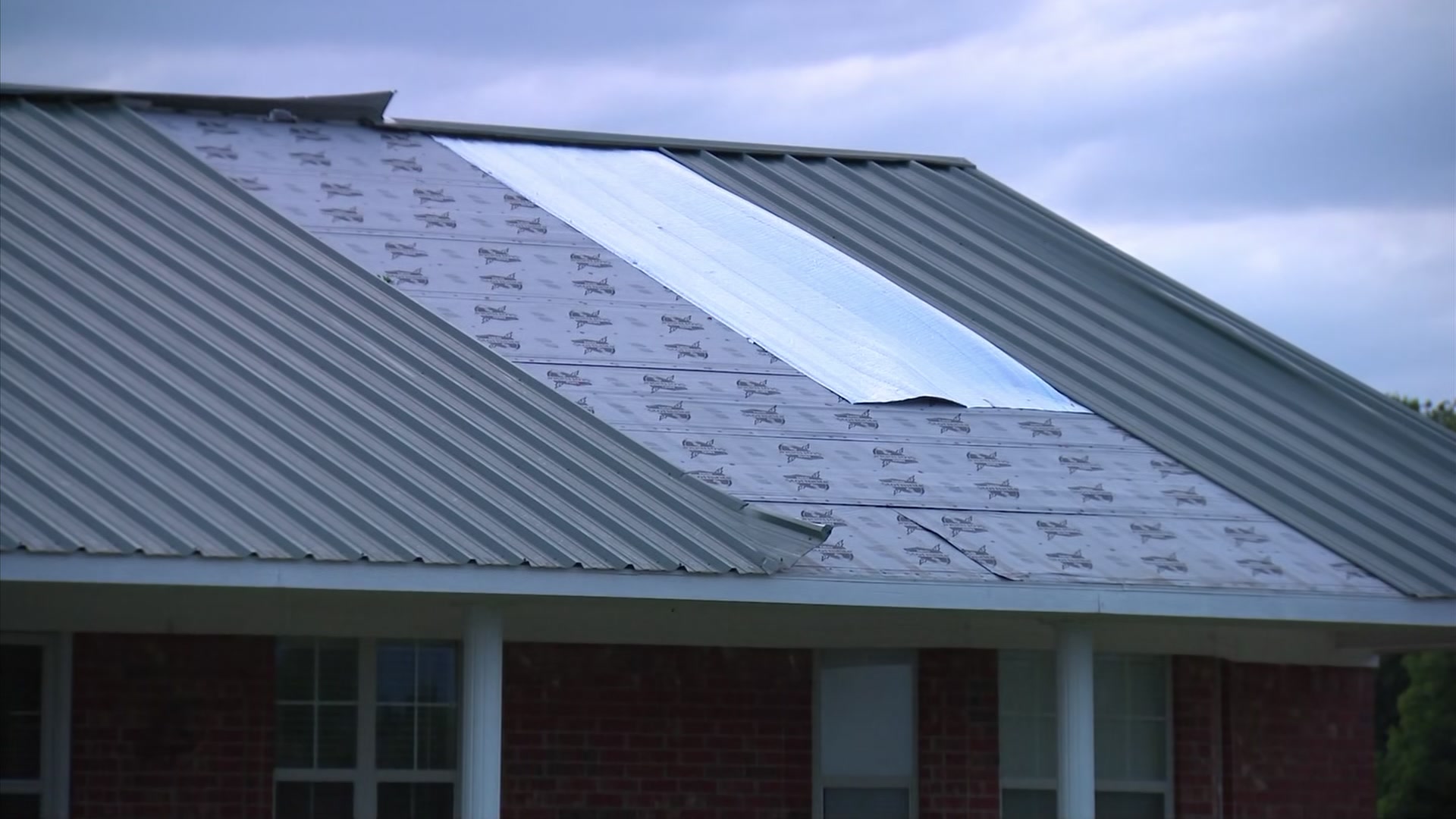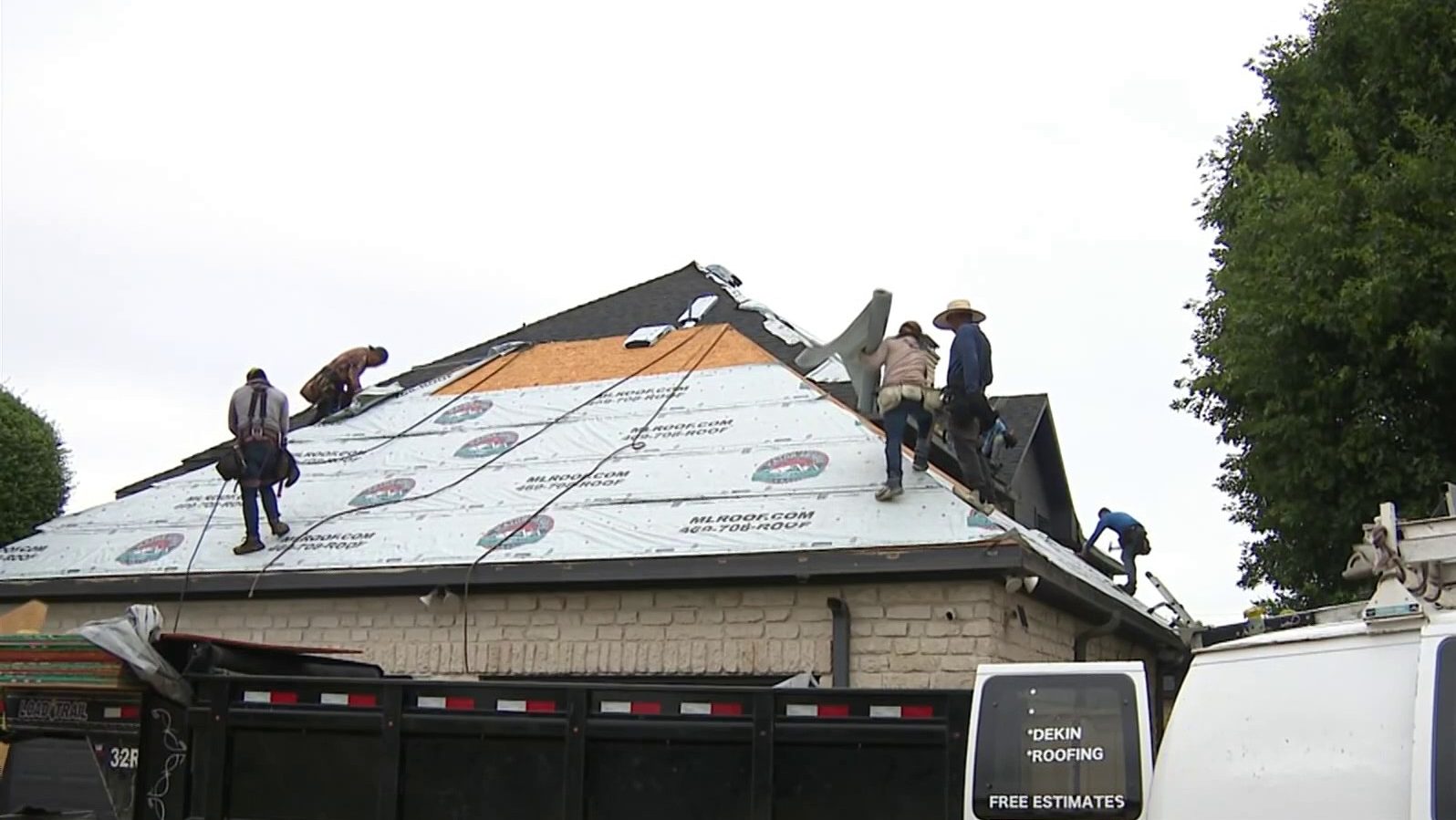
Terry Loftis’ calendar is full of arts events for the first time since the beginning of the COVID-19 pandemic. That sign of the Dallas arts industry’s resiliency is a welcome change for TACA’s Donna Wilhelm Family President and Executive Director.
In February 2021, a survey conducted by TACA (The Arts Community Alliance), the Dallas Arts District, and the Dallas Area Cultural Advocacy Coalition showed 70 Dallas arts organizations suffered more than $95 million in financial losses, including 3,145,209 in lost or deferred attendance, and more than 1,000 jobs lost.
“That’s money that these organizations can’t recoup. They just have to start over and resume programming,” Loftis said. “We just have to keep moving forward.”
TACA has a unique perceptive of the Dallas arts industry. Working with the philanthropic community, the non-profit organization supports arts organizations in Dallas County through grant-making, thought leadership and capacity building. Having monitored the arts ecology’s gradual revival and evolving safety protocols throughout the pandemic, Loftis balances being realistic and optimistic about the current state of the industry.
Get DFW local news, weather forecasts and entertainment stories to your inbox. Sign up for NBC DFW newsletters.
“Short of another variant that potentially shuts down institutions, I feel that the path forward to resuming programming has been a very well-thought out, calculated endeavor by the arts community as a whole, still keeping in mind people’s safety,” Loftis said.
As arts organizations resumed live events and performances, TACA supported the industry through a variety of grants. In 2021, TACA distributed $989,500 in funding, including $160,500 in Pop-Up Grants to 41 short-term projects that were operating safely during the pandemic. TACA also distributed two rounds of Resiliency Grants and relaunched its annual operating grants as Catalyst Grants. The unrestricted support from these three grant cycles totaled $829,000 to 56 organizations.

Some arts organizations fared better than others. At the height of the pandemic, many arts organizations shifted programming online, performed in outdoors venues, and recorded and distributed their work in new formats. These adaptations introduced art to new audiences and developed new sources of funding for those arts organizations.
Local
The latest news from around North Texas.
“Those who adapted to change because they had to not only thrived during the pandemic, but they are soaring now,” Loftis said.
The outlook is not as rosy at other arts organizations. “There are organizations who are still coming out of that financial nightmare that are still struggling,” Loftis said.
TACA developed more focused programs to help arts organizations whether they are contending with growing pains or ongoing financial problems. In 2021, TACA produced four Resiliency Workshops, including “Fundraising During a Pandemic” featuring local arts leaders and the lessons they learned and “The Comeback Collection,” a series about rebuilding revenue through patron relationships.
As arts organizations remerge, Loftis is impressed to see what is on local stages, in museums and in concert halls. Programming featuring social justice issues, racism, and diverse storytelling intrigues Loftis.
“The ecosystem is looking a lot more dynamic, especially around programming,” Loftis said. “I’m pretty excited about not only the fact that programming has resumed, but the type of programming that is resuming because it’s relevant to what’s taking place in our society.”
That focus on equity, diversity and inclusion continues with the relaunch of TACA’s New Works Fund. Through this fund, TACA aims to support the new work of people of color, women, and members of the LGBTQ+ community with $100,000 in grants.
“We’ve put a razor-focus on new works to where we want to help fund and cultivate the creation of new work by those demographics and allow that access to that funding to where those demographics have not had that level of funding in the past,” Loftis said.
Renaming the annual operating grants was not the most significant change to the Catalyst Grants.
“The biggest change around that was TACA went from an annual distribution to a spring and fall distribution cycle, so we’re doing it with more frequency,” Loftis said.
The Spring 2022 Catalyst Grants supported 43 organizations with $346,000 in unrestricted funding. TACA anticipates distributing another $300,000 to $400,000 in Catalyst Grants in November.
TACA added a new element to its Pop-Up Grants: the Artist Bonus Fund.
“If an institution receives a Pop-Up Grant,” Loftis said. “We then double that so that the next check or next amount goes to the artists who have participated in that particular program.”

This is the first time TACA has directly supported individual artists. In 2021, $96,000 from the Artist Bonus Fund supported 458 artists. This year, TACA has already distributed $32,000 in Pop-Up Grants to nine projects, including $16,000 that went to the artists involved in these projects. TACA anticipates distributing $100,000 to $140,000 through Pop-Up Grants through the end of 2022.
In total, TACA plans to support the arts industry with $800,000 to $1 million in funding in 2022 while continuing to develop more programs focused on responding to the industry’s needs as it recovers from the pandemic.
“Outside of our shift to better serve our grantees beyond check-writing, we’ve learned a lot about our own resiliency, and I think TACA’s resiliency has positively impacted the diverse fabric of arts organizations in North Texas,” Loftis said.
Learn more: TACA



